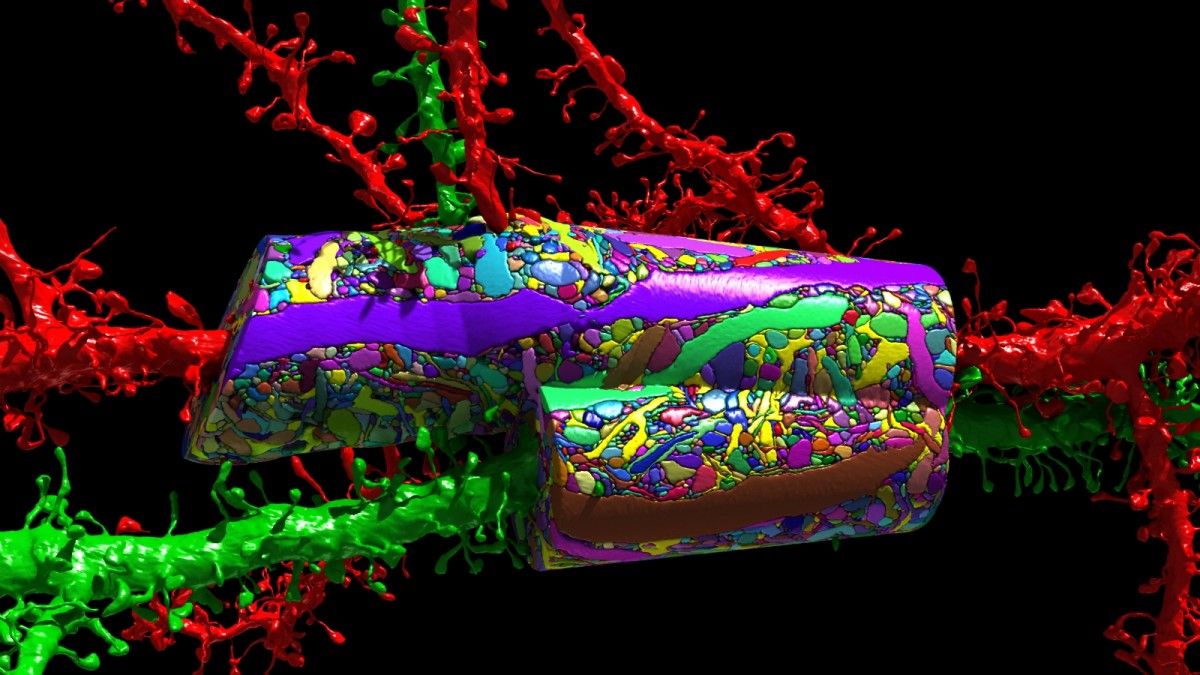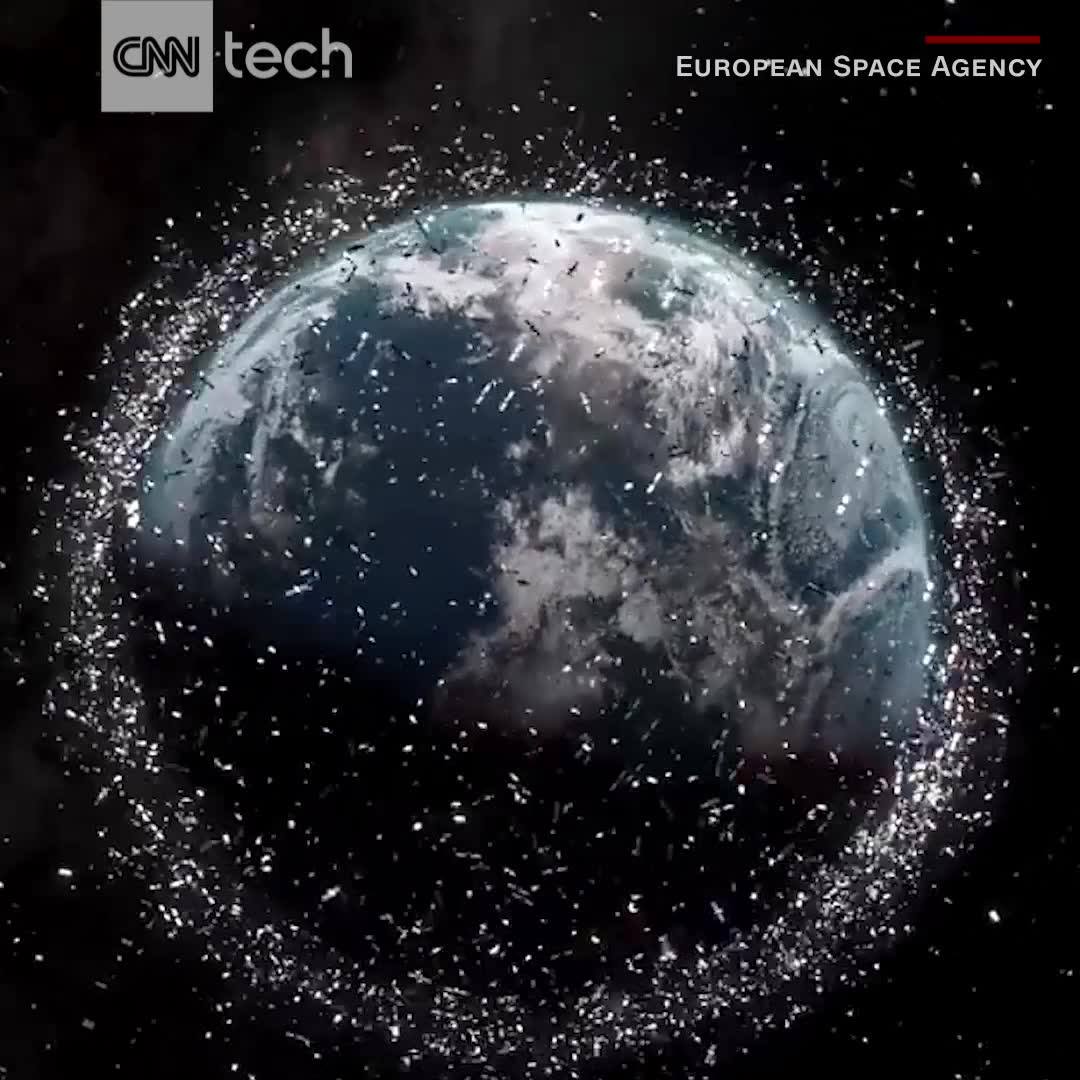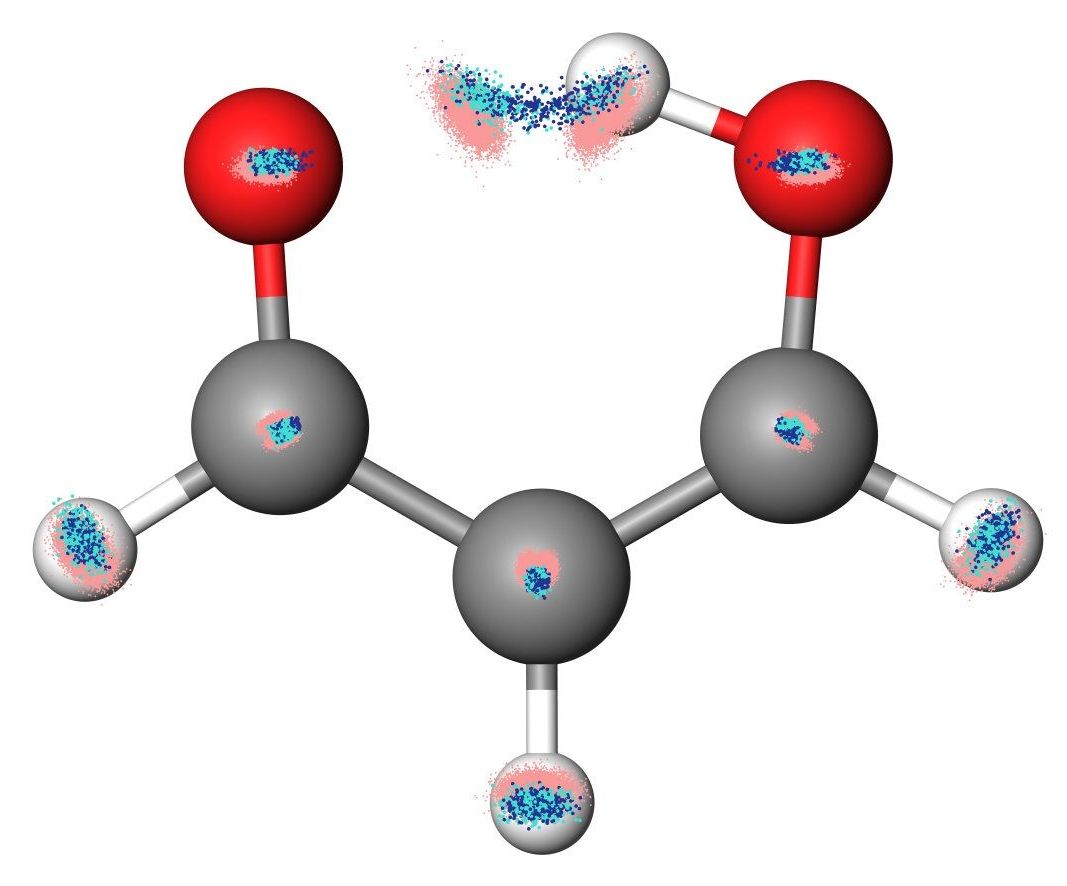Page 9208
Oct 12, 2017
Roundtable: Is human gene editing ethical?
Posted by Zoltan Istvan in categories: bioengineering, biotech/medical, genetics, health

I join this 30 min panel with scientists and a mother with a down syndrome child on Turkish national television to debate genetic editing. I adovcate for allowing genetic editing to improve the human race, despite fears:
Better, stronger, disease-free humans. Editing human DNA could save lives and enhance them. But should we be playing god?
Genes determine our health, looks, the way we function. They’re the ingredients for life. The idea that we could one day change them is an exciting prospect, but also an ethical minefield. As science moves closer towards gene editing, the concern is that it could go too far and even create a new elite group of enhanced humans.
Continue reading “Roundtable: Is human gene editing ethical?” »
Oct 12, 2017
Landmark Therapy to Treat Blindness Gets One Step Closer to FDA Approval
Posted by Dan Kummer in category: biotech/medical
A treatment that can stop patients from going blind is poised to be the first gene therapy for an inherited condition approved in the U.S., in what would be a major scientific milestone — and also open the door for record-breaking drug prices and novel ways to pay for them.
Spark Therapeutics Inc.’s Luxturna therapy crossed a key hurdle Thursday when it won backing from a group of advisers to the U.S. Food and Drug Administration. After discussing the trial design, treatment procedure and safety profile, the panel of 16 experts voted unanimously that the drug’s benefits outweighed its risks.
Oct 12, 2017
Dubai police add hoverbikes to go with their robocops and flying taxis
Posted by Dan Kummer in categories: government, robotics/AI, transportation
Dubai’s police department has added a flying motorcycle to its arsenal. Capable of flying with or without a pilot, the bike will be used to help rescue missions and monitor traffic. Due to safety concerns, the bike won’t fly higher than 20 feet. Dubai officials plan to start using the vehicle within the next two years.
The flying motorcycle is just the latest piece of absurd technology the Dubai government has introduced in the last year. The bike will join the ranks of Dubai’s jetpack firefighters, flying taxis, and robot police officers.
Dubai’s push for new government technology is part of their plan improve services ahead of their world fair, Expo 2020, which is expected to attract 25 million visitors to the city.
Continue reading “Dubai police add hoverbikes to go with their robocops and flying taxis” »
Oct 12, 2017
A Win For The Robots: California Poised To Permit Human-Free Driverless Car Tests
Posted by Dan Kummer in categories: robotics/AI, transportation

In a big step on the journey to our robot-laden future, California is moving to permit companies that are developing self-driving cars to test them in the state with no human safety driver at the wheel.
The state that’s home to the biggest concentration of autonomous vehicles is poised to take a big step to help advance the technology — and fend off efforts by other states to attract test programs.
Oct 12, 2017
Richard Branson takes another bet on the future with Hyperloop One
Posted by Dan Kummer in categories: futurism, transportation
(Reuters) — British billionaire Richard Branson on Thursday placed another bet on the future with an investment in Hyperloop One, which is developing super high-speed transportation systems.
Hyperloop One said Branson’s Virgin Group would take the company global and rebrand itself as Virgin Hyperloop One in the near future.
Branson has joined the board of Hyperloop One, which will develop pods that will transport passenger and mixed-use cargo at speeds of 250 miles per hour (402 km per hour).
Continue reading “Richard Branson takes another bet on the future with Hyperloop One” »
Oct 12, 2017
Scientists design a way to clean up space trash
Posted by Dan Kummer in category: space
Oct 12, 2017
A single floating wind farm could power the entire planet
Posted by Dan Kummer in categories: energy, engineering, sustainability
The Carnegie scientists, Anna Possner and Ken Caldeira, suspected that drag like this might be far lower over water than over land, particularly in mid-latitude oceans in both the Northern and Southern hemispheres. Why might that be? As Earth tilts away from the sun each autumn, jet stream-like rivers of air form high in the atmosphere. Over the open ocean, storms pull these strong winds down near the planet’s surface, replenishing the wind energy captured by turbines.
The effect might sound small, but it adds up. The scientists calculate that a wind farm in the middle of the North Atlantic would generate at least twice as much energy — and perhaps three times as much — as an identical wind farm in Kansas, itself one of the windiest states in the U.S. A wind farm roughly twice the size of Alaska could generate 18 million megawatts of electricity. That’s enough to meet the entire global demand today.
There are big practical challenges to building such a farm, including coping with extreme mid-ocean weather and transmitting the power back to shore. And by harvesting so much wind in the North Atlantic, a giant wind farm would reduce the output of onshore wind turbines in the U.K. and Western Europe — and reduce temperatures in the Arctic by more than 20 degrees. This might sound attractive at a time when polar ice is melting, but scientists worry about the unforeseen consequences of such geoengineering.
Continue reading “A single floating wind farm could power the entire planet” »
Oct 12, 2017
Scientists Have Found the Gene That Governs an Organism’s Waking Life
Posted by Shailesh Prasad in category: futurism
Humans have an internal clock that follows the day-night rhythm of Earth. Now, scientists have located the gene that governs this.
Oct 12, 2017
Scientists develop machine-learning method to predict the behavior of molecules
Posted by Shailesh Prasad in categories: information science, robotics/AI, solar power, sustainability
An international, interdisciplinary research team of scientists has come up with a machine-learning method that predicts molecular behavior, a breakthrough that can aid in the development of pharmaceuticals and the design of new molecules that can be used to enhance the performance of emerging battery technologies, solar cells, and digital displays.
The work appears in the journal Nature Communications.
“By identifying patterns in molecular behavior, the learning algorithm or ‘machine’ we created builds a knowledge base about atomic interactions within a molecule and then draws on that information to predict new phenomena,” explains New York University’s Mark Tuckerman, a professor of chemistry and mathematics and one of the paper’s primary authors.
Continue reading “Scientists develop machine-learning method to predict the behavior of molecules” »
















